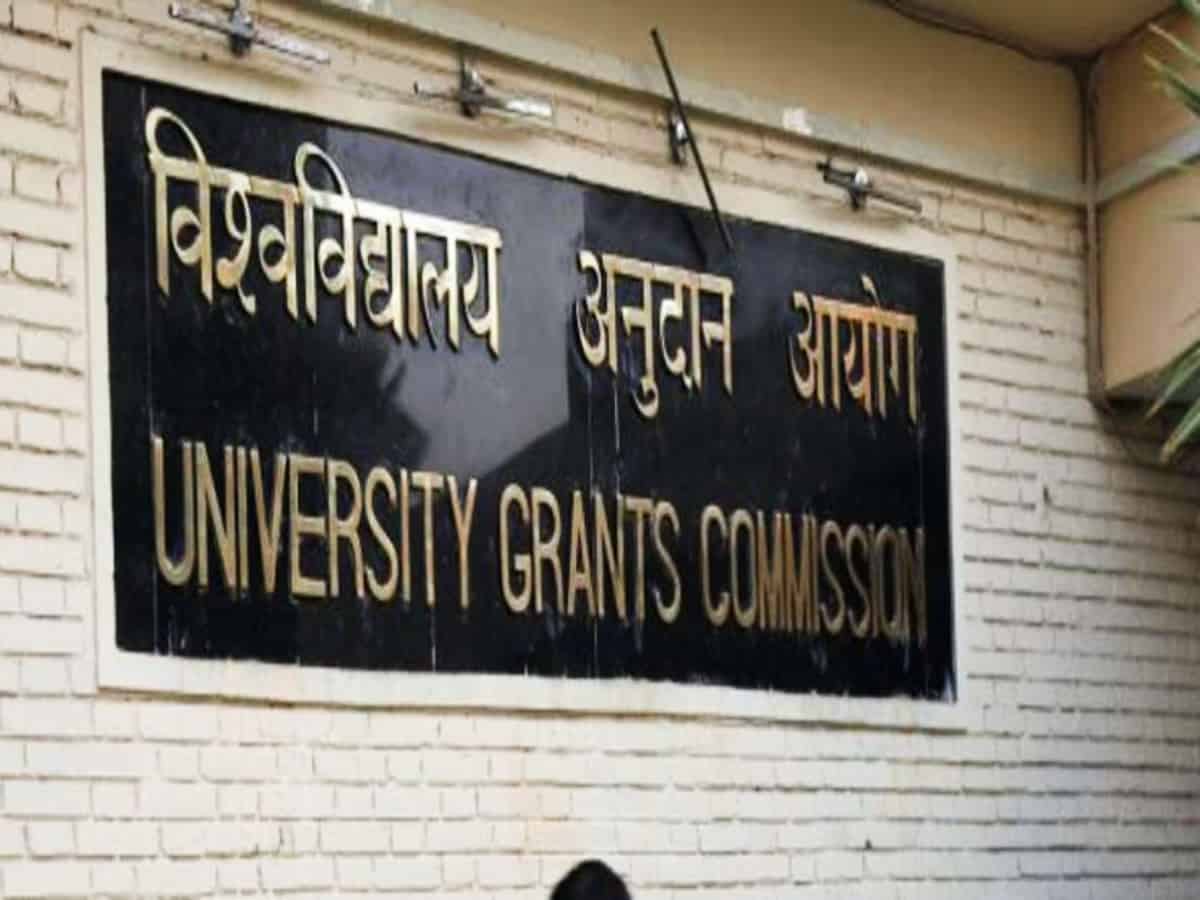“Your history gets in the way of my memory.
I am everything you lost. You can’t forgive me.
I am everything you lost. Your perfect memory.
Your memory gets in the way of my memory.”
— Agha Shahid Ali
The contentious status of Kashmir has been debated since times immemorial. The debate received new fervor post the abrogation of Article 370 of the Indian Constitution which earlier granted special status to Kashmir. While the neglect of Kashmir’s history has been felt palpably by many Kashmiri students across India, the discussion on the same is reduced to select pockets and seldom reaches the mainstream.
The University Grants Commission’s new curriculum framework for undergraduate programs in history has received enough flack for its attempts to saffronize and doctor history to suit a nation-building project. The criticism however seems to dip into (and stop at) how the framework is excessively Hindi/Hindu, how it reinforces Islamophobic ideas and contributes to a nationalism project.
Discussing history, in all its nuances, especially that of a region like Kashmir seems arduous. However, as a documentary film-maker, Sanjay Kak notes, “Precisely because the problem seems so volatile it is important to have our understanding solidly embedded in good history.”
The UGC curriculum framework discusses Kashmir history in exactly five instances which, while seemingly enough for an undergraduate program, is in effect pandering towards the same nation-building project.
Among the five instances, the syllabus goes so far as to discuss Sufism and Sikhism in Kashmir, Kashmir in the context of Princely states formation and Political Developments in Kashmir since Independence.
“This is not a recent problem,” remarks Amit Kumar, professor of history at Azim Premji University.
“Even if we were to put aside right-wing ideas, the history of Kashmir has been hollowed out to suit the needs of a larger national project. For instance, even liberal Indian historians wouldn’t discuss the Mughal entry into Kashmir because they would then have to deal with the fact that the King of Kashmir was imprisoned by King Akbar and that puts these historians in a tricky spot. Their discussion of Sufism in Kashmir will also not explore the various nuances existing within the belief,” he added.
Sanjay Kak echoes similar sentiments in his criticism of left historians who he remarks “have been too caught up in their own notions of nation-building to focus on what is being said in the margins.”
“One doesn’t need a sharp moral lens to understand the politics of Kashmir. What one needs is a backbone and the ability to face facts,” he added.
When Siasat.com spoke to a few students from Kashmir about their positions as Kashmiris inhabiting academic spaces outside of Kashmir, they expressed their own anguish.
“I have always felt the attempts to communalize history to the detriment of Kashmiri Muslims. Universities are very comfortable erasing the history of Kashmir to suit their own political agenda. Academic spaces are highly restrictive when it comes to discussions/deliberations on history.” remarked Inayatullah Din, a master’s history student from the University of Hyderabad.
His argument gains weight in the repeated context wherein words like “syncretism” and “kashmiriyat” get manufactured to suit Indian academia’s needs.
“People just seem to assume Kashmir is full of men walking around with guns. It is a strange absurd assumption to make and it doesn’t help that people buy into it,” adds Mariyam Chowdhary, a communications student from the University of Hyderabad.
The problem seems to be one within academia which the institutions are yet to resolve fully. But the correlation between the viewpoints of academia and the world outside of it is evident as the opinions barely differ. This is despite the generally held belief that history matters and there is a constant need to protect and nurture it.
On being asked about a solution for the problem, Dr Kumar said “Kashmiris should be given their history so as to not displace the local narrative. The lack of it only suits a national project and reduces Kashmir to a footnote.”
“At the end of it, I am what my history is. Studying history gave me a lens within and outside of society. My sense of self, my sense of belonging all comes from history.” concluded Dr. Kumar thus reinforcing the idea that the study of Kashmir’s history matters more than most historians give it credit for.

